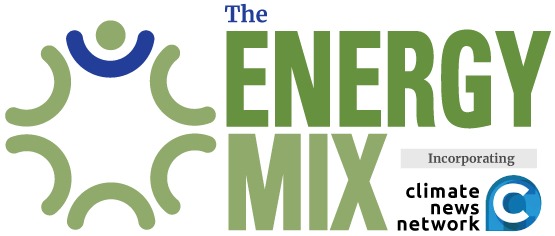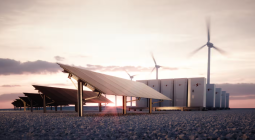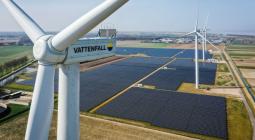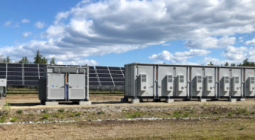New Investment Speeds Development of 100-Hour Battery for Local Energy Storage
Form Energy, a company that is beginning to produce a 100-hour iron-air alternative to lithium batteries, hit a milestone Wednesday with an announcement of US$405 million in funding.
The money will allow Form to speed up manufacturing at its first factory in Weirton, West Virginia and continue research and development, The Associated Press reports.
Manufacturing long-duration energy storage at a commercial scale is seen as essential for lowering carbon emissions that are causing climate change, because it makes clean energy available when the sun isn’t shining or the wind isn’t blowing.
“I’m incredibly proud of how far our team has come in scaling our iron-air battery technology,” Form Energy CEO Mateo Jaramillo told AP in an email.
Investment company T. Rowe Price led the funding. GE Vernova, a spin-off of General Electric’s energy businesses, and several venture capital firms were also involved.
“With this new funding,” Jaramillo wrote, “we’re ready to accelerate multi-day battery deployments to meet the rising demand for a cleaner and more reliable grid. I’m grateful for our team’s hard work and the trust our partners have placed in us as we push toward our mission of building energy storage for a better world.”
Lithium-ion batteries typically last four hours, but Form is one of many companies pursuing entirely different chemistries. Its batteries use iron, water, and air and are able to store energy for 100 hours, meaning if they work at scale, they could bridge a period of several days without sunlight or wind. Iron is also one of the most abundant elements on Earth, which the company says helps make the technology affordable and scalable.
In collaboration with Minnesota-based electricity generation and transmission co-op Great River Energy, the company broke ground on its first commercial battery installation in Cambridge, Minnesota in August. It’s expected to come online in 2025 and will store extra energy that can be used during times of higher electricity demand.
Other Form Energy batteries in Minnesota, Colorado, and California are expected to come online next year. There are projects in New York, Georgia, and Virginia set for 2026.
Cover photo: Weirton, WV by Jon Dawson/flickr






